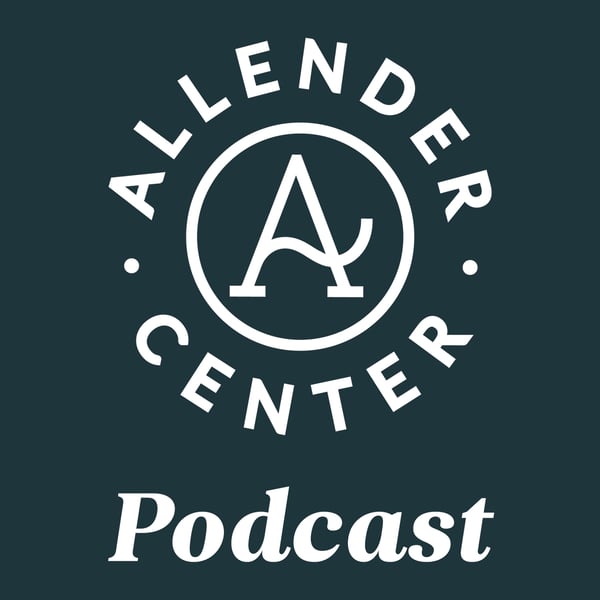“Ghosted” with Nancy French - Part 2
The Allender Center Podcast
The Allender Center
4.6 • 628 Ratings
🗓️ 27 September 2024
⏱️ 27 minutes
🧾️ Download transcript
Summary
In this episode, Nancy opens up about her personal journey through childhood sexual abuse, revealing how it led her to take on an investigative journalism project that would dramatically alter both her career and her life. As the lead journalist, Nancy exposed the deep-rooted culture of enabling and covering up sexual abuse at one of the largest Christian camps in the U.S.
In the process of confronting her own past, Nancy also faced significant opposition, particularly from Christians who defended the camp. She and her husband endured personal attacks as they distanced themselves from conservative views that no longer reflected their faith.
The backlash Nancy encountered for her work has been intense. Dan comments, “Telling the truth is the root and the rule of freedom. But the price often for those who tell the truth is a form of imprisonment—a kind of being bound and sent out.”
Regardless of political views, Nancy’s story is one of pursuing truth, seeking justice, and finding healing in the most unexpected places. If you’d like to hear more from Nancy, be sure to pick up her book, “Ghosted: An American Story,” available wherever books are sold.
*** Listener discretion is advised: This two-part discussion includes discussion of child abuse, particularly sexual abuse, suicide, and some coarse language.
Transcript
Click on a timestamp to play from that location
| 0:00.0 | Thank you for listening to the Allender Center podcast. |
| 0:06.7 | I'm Dr. Dan Allender. |
| 0:08.7 | And I'm Rachel Clinton-Centen. |
| 0:10.5 | We're fiercely committed to providing hope and healing to a fragmented world. |
| 0:14.7 | And restoration for the heart. |
| 0:17.2 | Thank you for joining us. |
| 0:18.5 | Let's get this conversation started. |
| 0:36.5 | Thank you for joining us. Let's get this conversation started. Welcome back to our conversation with author, investigative reporter and storyteller Nancy French. |
| 0:40.4 | If you missed part one, you may want to go back and listen to that first. |
| 0:46.5 | As a heads-up, these episodes do contain discussion of sexual abuse, suicide, and some coarse language. |
| 0:48.5 | Listener discretion is recommended. |
| 0:50.4 | Now, let's continue. |
| 0:52.0 | We jump back in. |
| 0:52.7 | So... I didn't get to smoke my cigarette. Come on. Given, |
| 0:57.0 | the entry into that category, talk about hatred and talk about having been silenced. So it's |
| 1:06.6 | interesting because I was a sexual abuse victim and I was about 12. My vacation Bible school teacher abused me. And there's something about that. I mean, and you guys, Dan and Rachel, you guys know more about this than I do. But there's something about that that sort of splits your personality in a way because you have to hide everything. So I was hiding that. So I felt like I always hid a huge part of myself. In fact, I think that's why I became a ghost writer. Because I could hide behind other people's stories and I could sort of enjoy their drama. But I never, you know, even if I was writing a book about someone who was a sex abuse victim, I never |
| 1:44.5 | volunteered that information. It was just like I was my own sort of enclosed capsule. |
| 1:49.9 | Nobody wanted to hear from me because I was, you know, a poor kid in rural Tennessee, you know, |
| 1:58.0 | I regret, for many decades, I regretted that I did not tell more people |
| 2:04.1 | who were adults about my abuse. |
| 2:06.5 | But in the process of writing the book, I actually called the adults in my life at the time, |
| 2:11.9 | and they already knew about it. |
... |
Please login to see the full transcript.
Disclaimer: The podcast and artwork embedded on this page are from The Allender Center, and are the property of its owner and not affiliated with or endorsed by Tapesearch.
Generated transcripts are the property of The Allender Center and are distributed freely under the Fair Use doctrine. Transcripts generated by Tapesearch are not guaranteed to be accurate.
Copyright © Tapesearch 2025.

